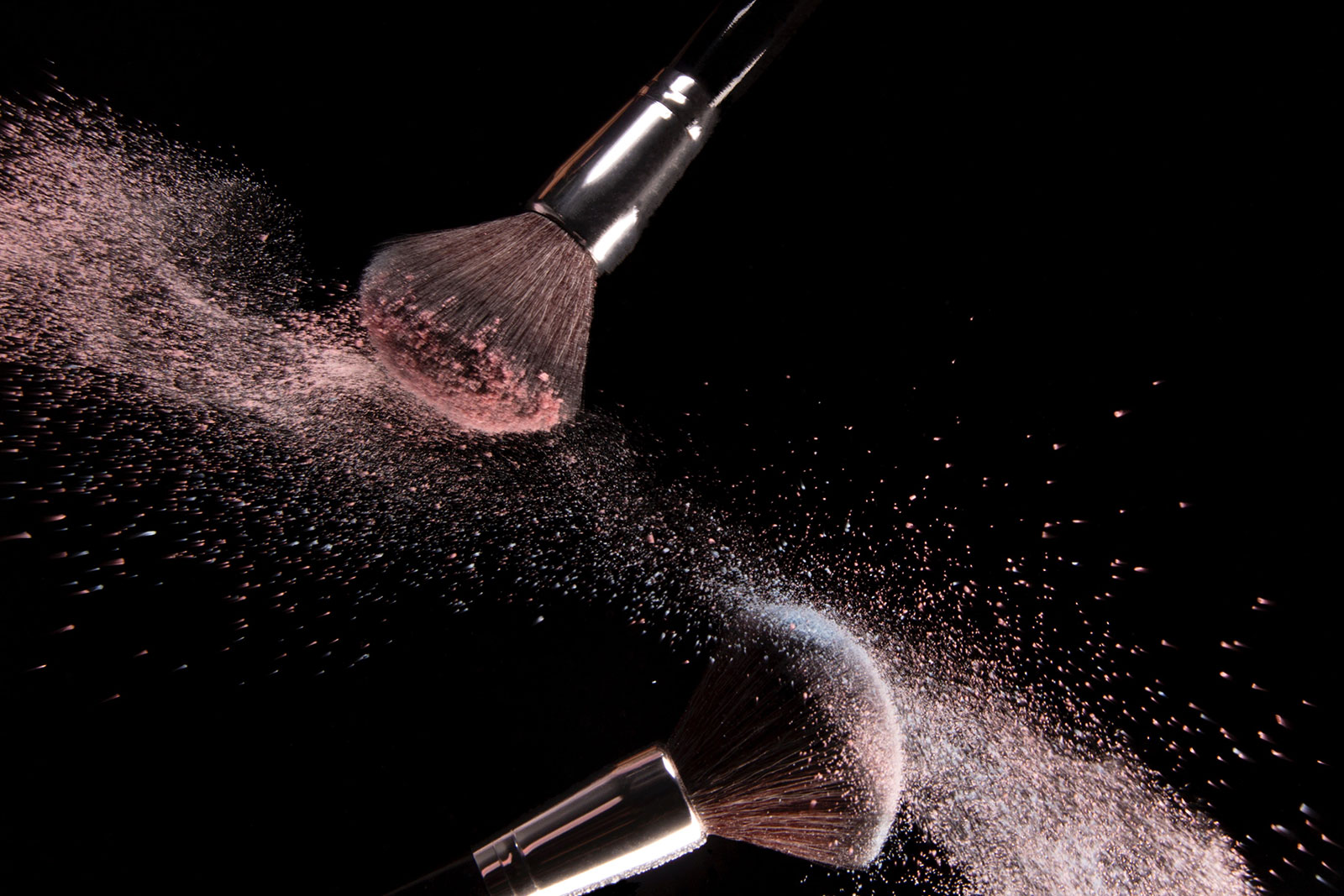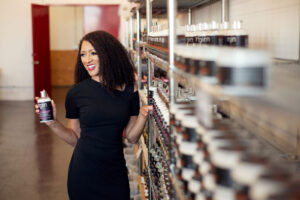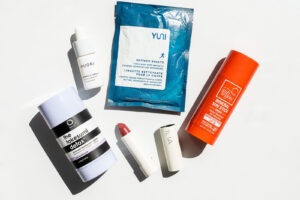“The entire beauty industry has been built on secrets,” says Gregg Renfrew, founder and CEO of Beautycounter, a clean beauty marketplace, in a March 2019 story on Vogue.com. Renfrew’s referring to the cosmetic industry’s loose guidelines set in place by the FDA more than 80 years ago. But a new bill, the Personal Care Products Safety Act, may finally update regulations for what is considered one of the most unregulated product sectors today.
As reported in our issue two story “Beauty & the Beast,” it is perfectly legal to include carcinogenic ingredients in cosmetics in the United States, including mercury, formaldehyde, parabens, lead, and potentially asbestos-contaminated talc. This little-known fact is especially pertinent for women—according to the Environmental Working Group, women statistically use 12 personal care products a day, which can expose them to 168 chemical ingredients. The new act will enforce transparency on ingredient lists across the industry. Other revolutionary updates include authorizing government inspections of manufacturing facilities, requiring accurate product labels and ingredient lists, and creating protocol in case of product recalls.
In an industry that has essentially been built on trust (under current regulations, it is up to the cosmetics companies to ensure that their products are safe for human use), new requirements will be asked of both cosmetics companies and the FDA itself. Companies will have to register their facilities with the FDA, provide safety records for their products, and report “serious adverse events,” such as infections that require a trip to the hospital, among other safety requirements. The FDA will be responsible for collecting data and information on at least five ingredients per year to determine their safety, facilitating cosmetic product recalls for the first time (similar to food product recalls), and issuing a report to companies of “good manufacturing practices” (similar to their guidelines for drug products). Plus, the FDA will make a habit of encouraging alternatives to animal testing, and provide guidance on these alternative methods.
Until these new regulations are written into law, consumers can use apps like Think Dirty to determine whether or not their beauty products contain harmful ingredients, or shop at stores like Credo Beauty, Detox Market, or Beautycounter, who take the guesswork out of clean-beauty shopping.







